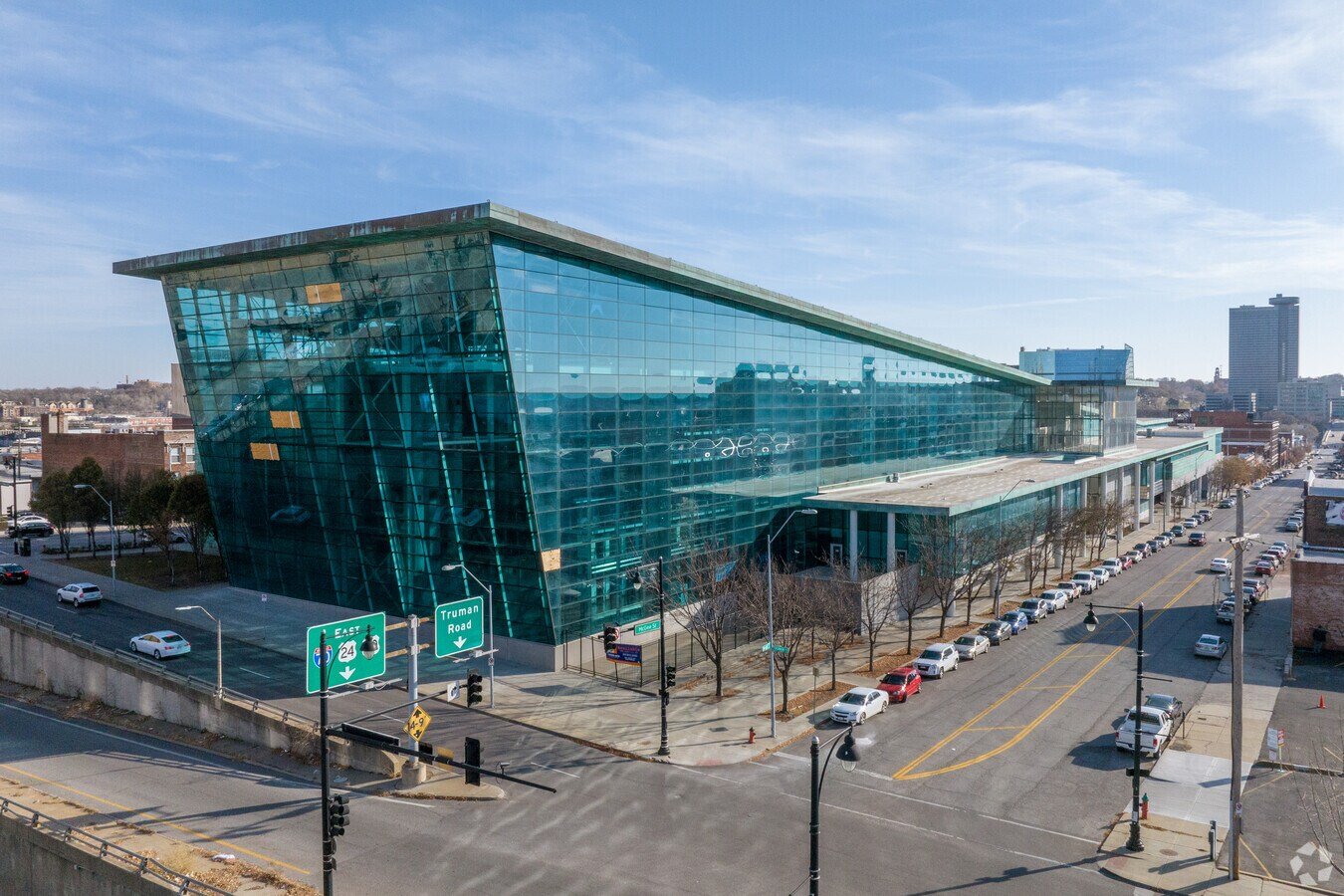Photo credit: MetroWire Media KC
Dentons shares observations of COVID-19 impact on U.S. commercial real estate
Real estate practice attorneys from Dentons, the world’s largest multinational law firm with $2.36 billion in annual income, recently held a webinar to share challenges their clients are experiencing due to COVID-19.
The live webinar included insight from William Taxay, Dentons, Pittsburg, Tandy Patrick, Dentons, Louisville and John Snyder, Dentons, Kansas City; and was moderated by David Quam, public policy group, Dentons, Washington, D.C.
Taxay began by addressing challenges faced by buyers, sellers, owners and developers and the logistical issues involved with closing transactions during a pandemic. For example, finding appraisers, recording offices and notaries is no longer an easy task.
Although some states have adopted electronic notary services (Kansas adopted electronic notary in 2005 and Missouri recently signed off on it on April 6, 2020), something as simple as recording a deed or initiating a title search, is now challenging in some jurisdictions.
New development, which requires planning commissions, zoning commissions and local council meetings to hold a public meeting before moving forward, is inevitably going to slow down.
“We are still closing deals (because) we were signing up deals before this started and during this (pandemic),” Taxay said.
Patrick discussed issues with landlords and tenants, as many tenants are giving notice that they are unable to make their next payment. These notices have precipitated a review of existing leases by both landlords and tenants.
“It’s no surprise that most of our force majeure clauses in current leases do not mention the word ‘pandemic.’ Some leases don’t even have a force majeure clause. Some with this type of clause expressly carve out rent and require the tenant to continue paying all monetary obligations notwithstanding the occurrence of a force majeure event,” Patrick said.
If a lease doesn’t contain a force majeure clause, some considerations to look into include:
-Possible actions against personal guarantors on the lease
-Existing business interruption insurance that may provide coverage in this situation
-Other non-monetary existing defaults by the tenant under the lease
-Whether the landlord can apply tenant’s security deposit
-Whether the landlord or tenant in default based on other lease covenants such as continuous operation, abandonment, co-tenancy requirements or interruption of essential services at the property.
“I think most of our force majeure clauses in current leases are likely to be reviewed and revised in the days to come to address specifically rent abatement during a pandemic virus event and it may be a good idea to include a pre-negotiated agreement or formula regarding suspension of rent as well as perhaps requiring business interruption insurance that would cover pandemic events," Patrick said.
Lenders and borrowers are facing their own challenges as well.
“Some federal banks are allowing loans to be closed without appraisal for 120 days because appraisals might not (hold the same value) right now,” Snyder said.
While the borrowers are requesting to delay payments and/or reduce interest rates, lenders are in need of cash escrow and additional collateral, in some cases.
“At some point the reality is, there will be forbearance requests. There will be massive loan defaults. We heard one loan servicer that already has 1,000 forbearance requests in the pipeline. The hotel industry is getting hammered, with occupancy down 70 percent and revenues down 80 percent from this time last year, a historic hit to the industry,” Snyder said.
_____________________________________________
If you are interested in learning more perspective on COVID-19 and other current issues, you can sign up for Dentons continuing event series here.
Impact on weed in commercial real estate: a CREW KC event recap
Third Street Dispensary in Lee's Summit, Mo., is an example of reuse and redesign for the neighborhood by converting an existing dilapidated building into a new and fresh retail space.
The building, designed by Collins/Webb Architecture, consists of approximately 1,600 SF of retail, waiting, admissions and secure product storage.
The design carefully considered the retail experience and its ability to shift cultural attitudes, expectations and viewpoints on plant-based medicine.







